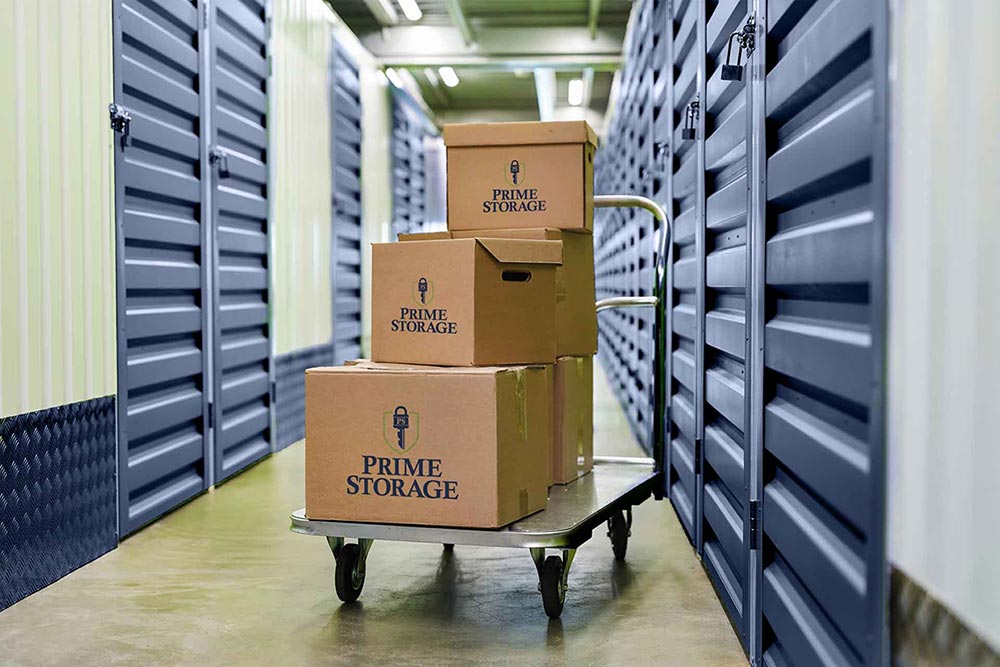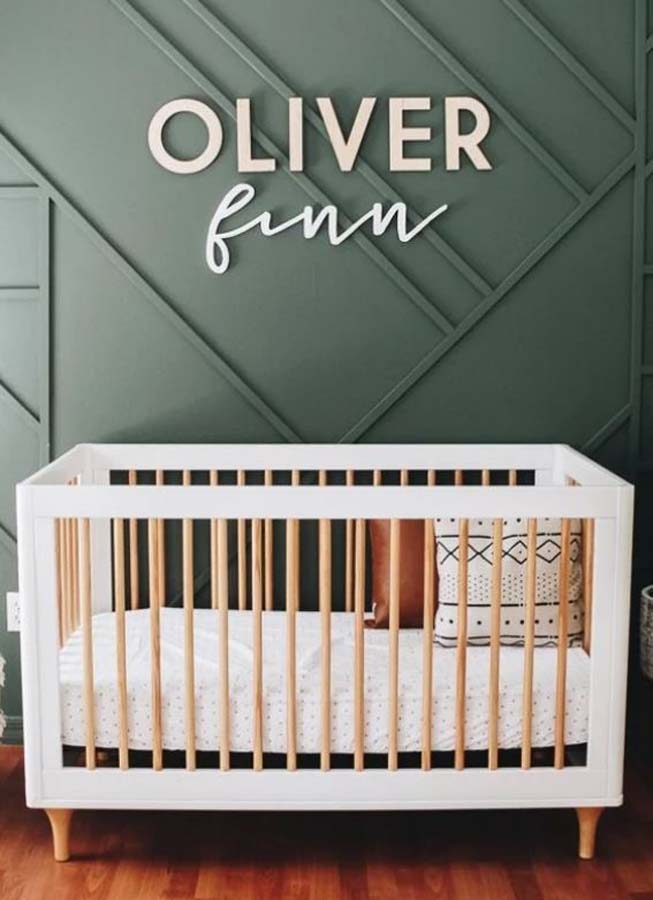We know that 2020 was the year that changed nearly everything. Something that many may not realize is how the 2020 pandemic affected the housing market in 2021 and years to come. Once the lockdown orders began to ease, the housing market experienced a larger-than-average tick in the buyer pool, meaning that more people were looking to purchase a home. There are a variety of things that could have caused this, such as people being cooped up in small apartments and looking for more space or simply taking advantage of low interest rates.
Things to Consider Before Purchasing a Home
If you find yourself browsing different homes for sale, there are a few things you should consider before making what is typically the biggest purchase in someone’s life! For current renters, there are many similarities between renting a home or apartment and paying a monthly mortgage for a home you own. Both options offer pros and cons, so if you’re looking to see if a homeowner is the right choice for you, consider our tips:
- Similar to paying rent, mortgage payments are monthly payments that you are paying back towards your loan. It’s important to understand how mortgage payments work. You’re also able to refinance your mortgage which is something that a lot of homeowners were able to take advantage of in 2021. Refinancing is adjusting your mortgage payments based on a new interest rate.
- If you’re currently renting, you typically don’t need to worry about certain taxes that come with owning a home. School taxes and property taxes can change depending on where you live and the details of your home. It’s common that taxes are due annually, but some municipalities schedule multiple due dates for payments allowing you to have more control.
- Your credit score is a huge deciding factor for your interest rates, your loan approval, and mortgage payments. If you’re worried about your credit score, you can speak with a loan officer or bank.

The Costs That Go into Home Buying
There are certain costs that go into buying a home that people may not realize or know enough about. When looking for your first home, it’s important to know the costs other than the for-sale price tag. Some include:
- Down Payments – the amount of money you’re able to put down when prior to closing on your home. This payment is then subtracted from the total price tag, so the more you put down, the less your loan will be and in turn the less your monthly mortgage payment will be.
- Closing Costs – these are expenses, outside of the home’s price tag, that are needed to complete the transaction. These costs may include appraisal fees, title searches and insurance, attorney fees, and credit report charges. Speaking with your loan officer may help you get a better idea of how much your closings costs will be and what they include.
- HOA if applicable – HOA stands for a homeowner’s association. Not every home or neighborhood has an HOA, but if yours does there may be a monthly or annual fee. This cost can go towards different things and may include services such as lawn care, security, common areas, and trash/snow removal.
- Other common fees include taxes, insurance, and home maintenance like repairs and utilities.
Pre-Approval
With a better understanding of becoming a first-time home-buyer, you may be wondering what the steps are to getting your first home. One may consider first obtaining pre-approved for a mortgage before starting to look at homes. With a pre-approval, you can have a better understanding of the type of loan you qualify for, how much you qualify for, and if you need to do anything to get approved such as paying off debt and building up your credit.
Once pre-approved, you can start your home search! A great tip, buyers’ agents don’t typically cost a buyer anything! A realtor can help guide you through negotiation, contracts, important features of a home, and more. They can also keep an eye on the housing market to help find you the right home. Looking at houses is more than just searching through Zillow. You can learn the ins-and-outs of homes, contracts, disclosures, and mainly what you want and don’t want in your future home. It’s common to tour different homes, attend open houses, and get more information on homes you like.

Pre-approval vs. Prequalification
After you find a home that fits your criteria, you can turn your pre-approval into a prequalification letter for your home. A prequalification is different than a pre-approval as this letter is specific to the home you’re looking to make an offer on. To make your offer, you’ll complete a contract along with your information and possible required disclosures. There may be negotiation between realtors and if you’re lucky, you may come out of the negotiations as a soon-to-be homeowner!
Storage Between Moves
Whether you’re moving from your parents’ home, an apartment, or another type of rental, you may find yourself in need of additional storage space, especially in between moves. With facilities nationwide, Prime Storage can help manage the stress of moving wherever you may be. Find a location nearest you, and speak to one of our storage professionals today to find a unit that best fits your needs. If you’ve never rented a self storage unit before, check out our First Time Guide to Renting Storage to learn more!






